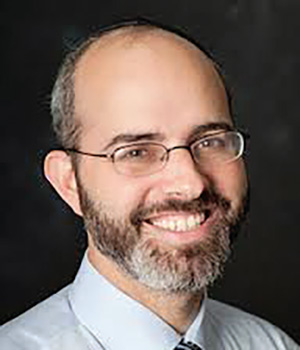
May these words of a Torah serve as a merit le’iluy nishmat Menachem Mendel ben Harav Yoel David Balk, a”h.
This week we learned Menachot 91. These are some highlights.
If there is no wine at the wedding, can sheva brachot be recited on bread?
Rav Yitzchok Zilberstein suggests that our Gemara might be a source for a surprising ruling found in Masechet Kallah (1:1). Masechet Kallah states that at a wedding, seven blessings are to be recited on a cup of wine; if one does not have wine he may use beer, and if one does not have wine or beer, the Masechet Kallah states that he can use bread. Sha’ar Hachadash (on the Ittur Sha’ar Beit Birchat Chatanim page 65 column 3) finds this shocking. He points out that in regard to Kiddush on Friday nights we have a rule that if one does not have wine, he may use bread instead. Kiddush begins the Shabbos meal. Bread is the foundation and beginning of a meal. But what does bread have to do with a wedding? Why should one be able to recite sheva brachot on bread? Rav Zilberstein proposes that our Gemara might provide the answer to these questions.
Our Gemara discusses the wine libations that would accompany certain sacrifices. It teaches that the verse needed an extra word in order to include the Korban Todah. This word taught that the Todah sacrifice is also to be accompanied with wine libations. The Gemara asks, why was there a need for this extra word? The Todah is an offering and as such should be accompanied with wine libations as it is included in the word zevach. The Gemara answers that we would have thought that since the Todah is accompanied with so many loaves it does not need to also have wine, hence the need for an extra word to teach that the Todah needs wine even though it has a lot of bread. The initial thought of the Gemara is interesting. The Gemara seems to be saying that when we have bread it takes the place of wine. It is only a special verse that says we are to have wine in addition to the bread. This was perhaps the source of the Masechet Kallah that in all areas of Jewish law bread can replace wine. Therefore, when one does not have wine for a wedding, the Masechet Kallah allows for reciting the wedding blessings on a loaf of bread.
Is this practical halacha? May a person really recite the blessings of marriage on bread? Rambam in his book of responsa (Pe’er Hador 8:1) directly addresses those who would recite the wedding blessings on bread and he writes that it is wrong. He writes that it is widely accepted to recite the wedding blessings on beer but it is not accepted to recite these blessings on bread, and he adds that there is no reason to do so for bread has nothing to do with a wedding. Shulchan Aruch (Even Ha’ezer 62:1) and Rambam (Ishut 3:10) write that if a person does not have wine, he is to recite the seven blessings on beer. They never mention that if one does not have beer, he can recite the blessings on bread or water. Chelkat Mechokeik writes that if one does not have beer, he can recite the blessings without any cup at all. However, he also quotes the view of the Rosh and the Tur that if one does not have wine or beer then one cannot recite the seven blessings at all.
In conclusion, while our Gemara links bread to wine, in halacha the poskim do not mention that one can recite sheva brachot on bread; therefore, we are only to recite the sheva brachot at a wedding on wine or beer and not on bread.
By Rabbi Zev Reichman
(Chashukei Chemed)
Rabbi Zev Reichman teaches Daf Yomi in his shul, East Hill Synagogue.













